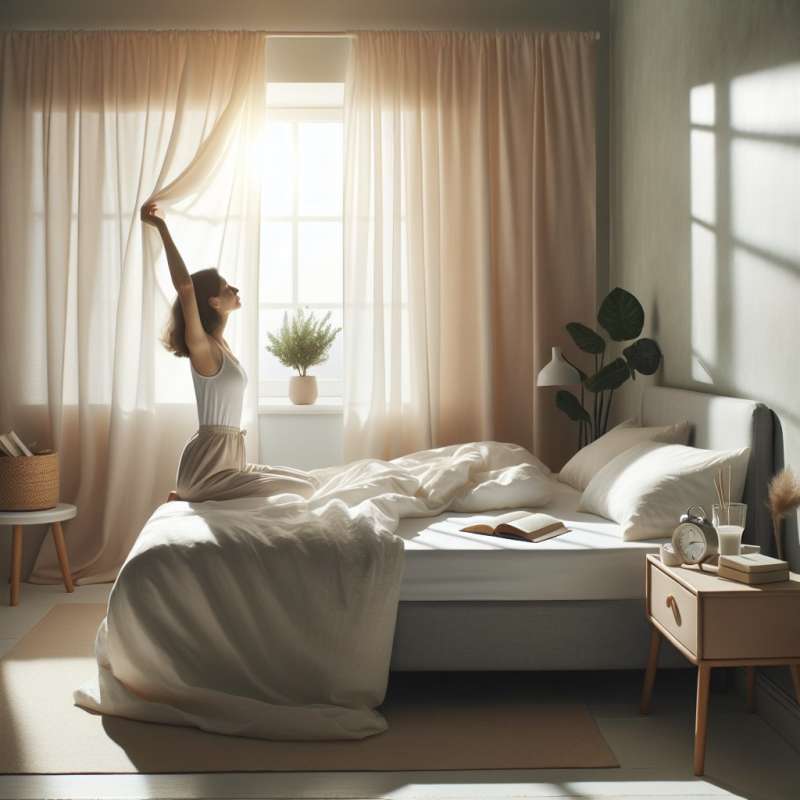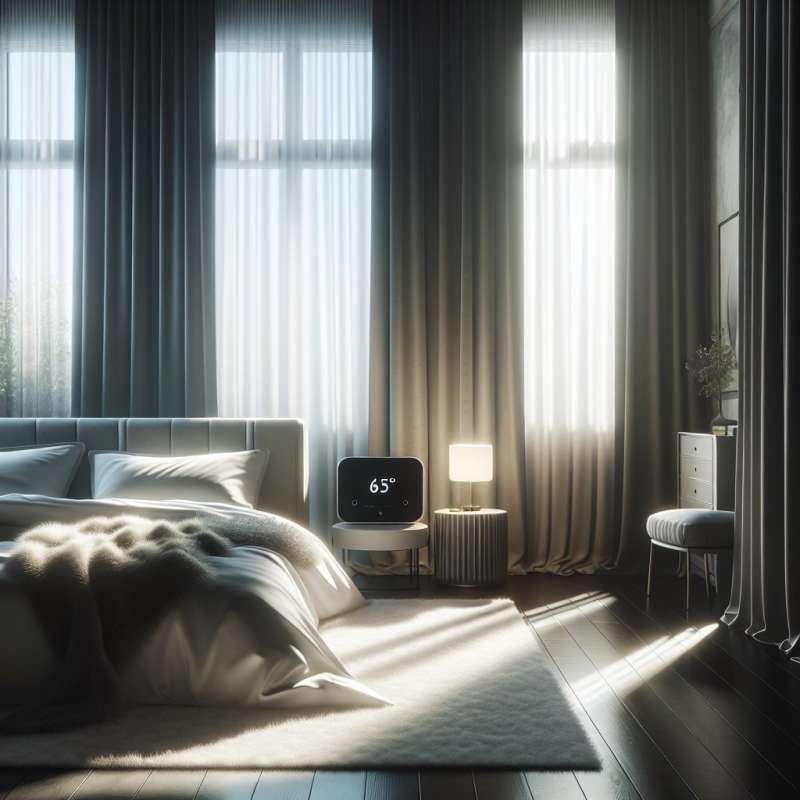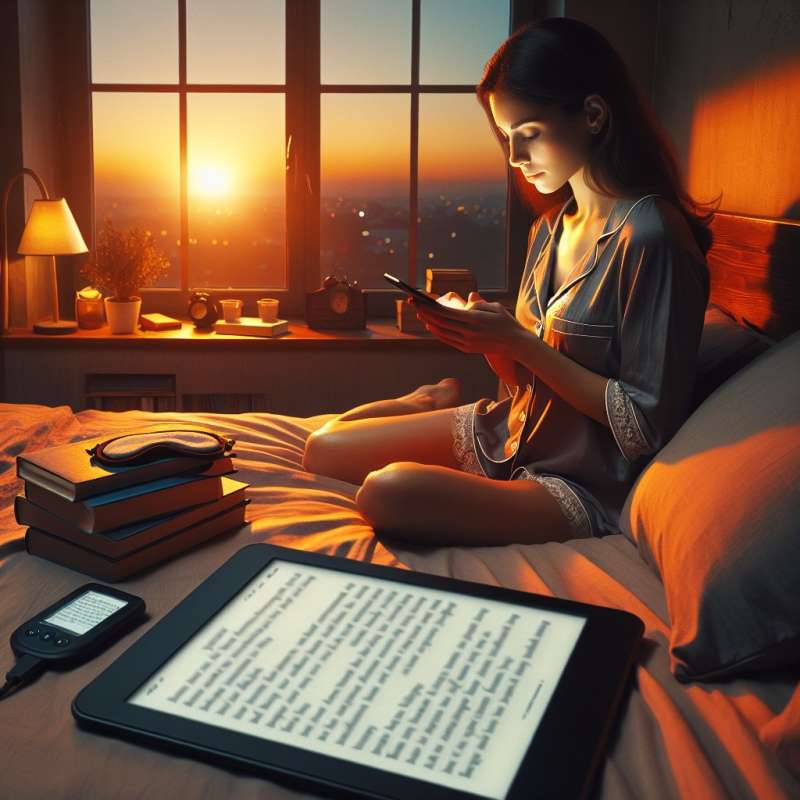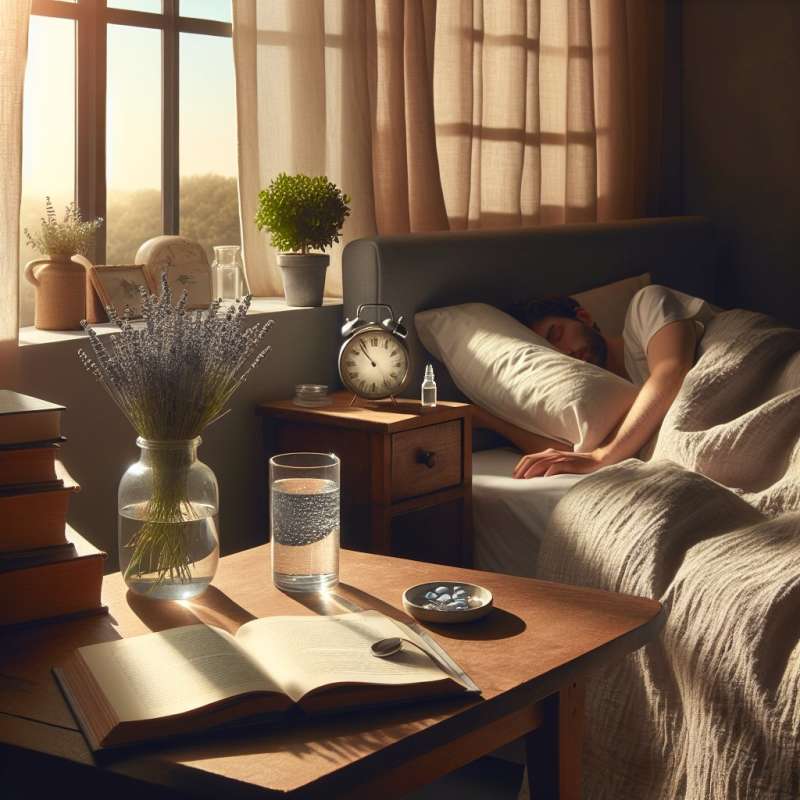
Understanding Sleep Hygiene
Sleep hygiene involves practices that promote regular, restorative sleep. Good sleep hygiene can boost your health, mood, and productivity. It's more than just a bedtime ritual; it's a lifestyle commitment.
Circadian Rhythm Essentials
Your circadian rhythm, or 'internal clock,' aligns your sleep with night and day. Exposure to natural light and darkness helps maintain a healthy sleep-wake cycle, influencing hormones like melatonin.
Ideal Sleep Environment
Temperature, lighting, and noise matter. The optimal sleep environment is cool, dark, and quiet. Surprisingly, even small LEDs from electronics can disrupt sleep patterns. Consider blackout curtains and 'white noise' devices.
Diet's Role in Sleep
Diet influences sleep quality. Heavy meals, caffeine, and alcohol before bedtime can impair sleep. Tryptophan-rich foods and magnesium supplements, however, might improve sleep quality.
Regular Exercise Benefits
Regular physical activity enhances sleep quality. However, timing is key; exercising too close to bedtime may lead to increased alertness and delayed sleep. Aim to finish workouts at least three hours before bed.
Technology and Sleep
Blue light from screens can suppress melatonin production, disrupting sleep. Surprising to many, even e-readers can affect your rest. Embrace a tech curfew an hour before bed for better sleep.
Sleep Hygiene Myths
Contrary to popular belief, alcohol doesn't aid sleep; it fragments it. Sleeping pills should not be a first resort; they can alter sleep architecture and have side effects. Seek natural methods first.
What is sleep hygiene?
Just a bedtime ritual.
Lifestyle for better sleep.
Cleaning before sleeping.
Company